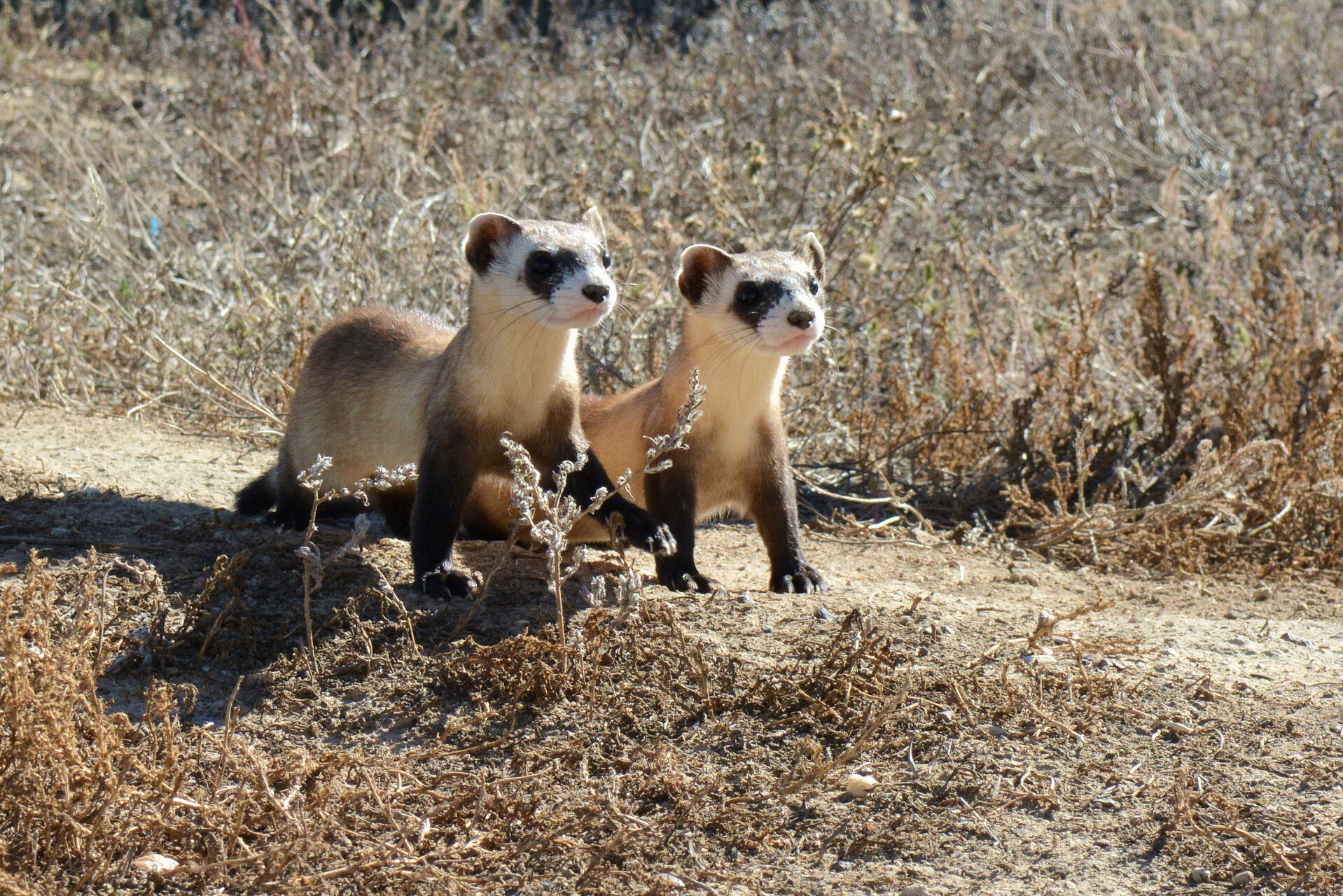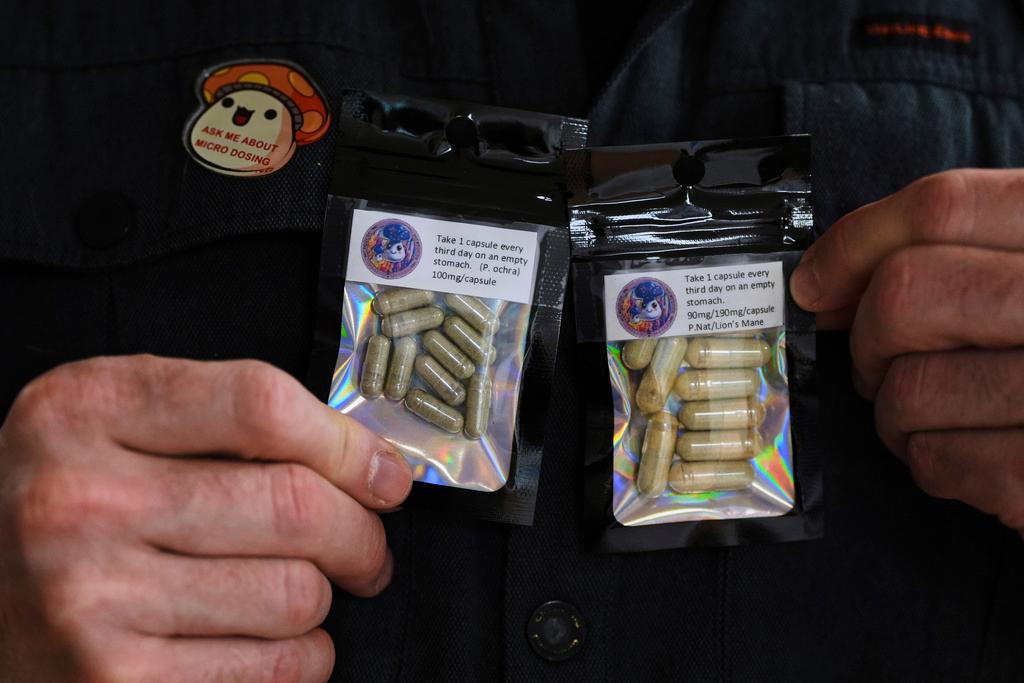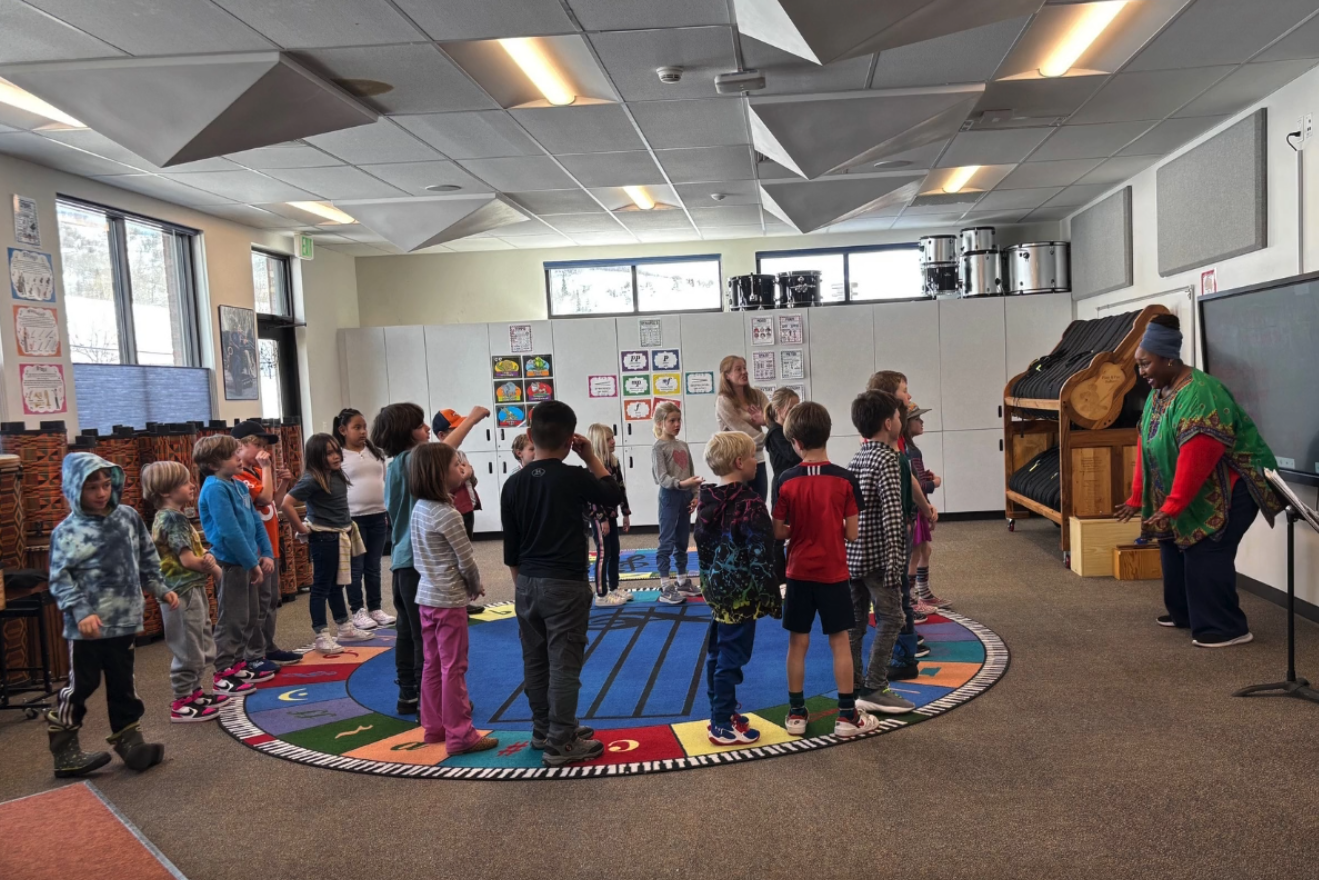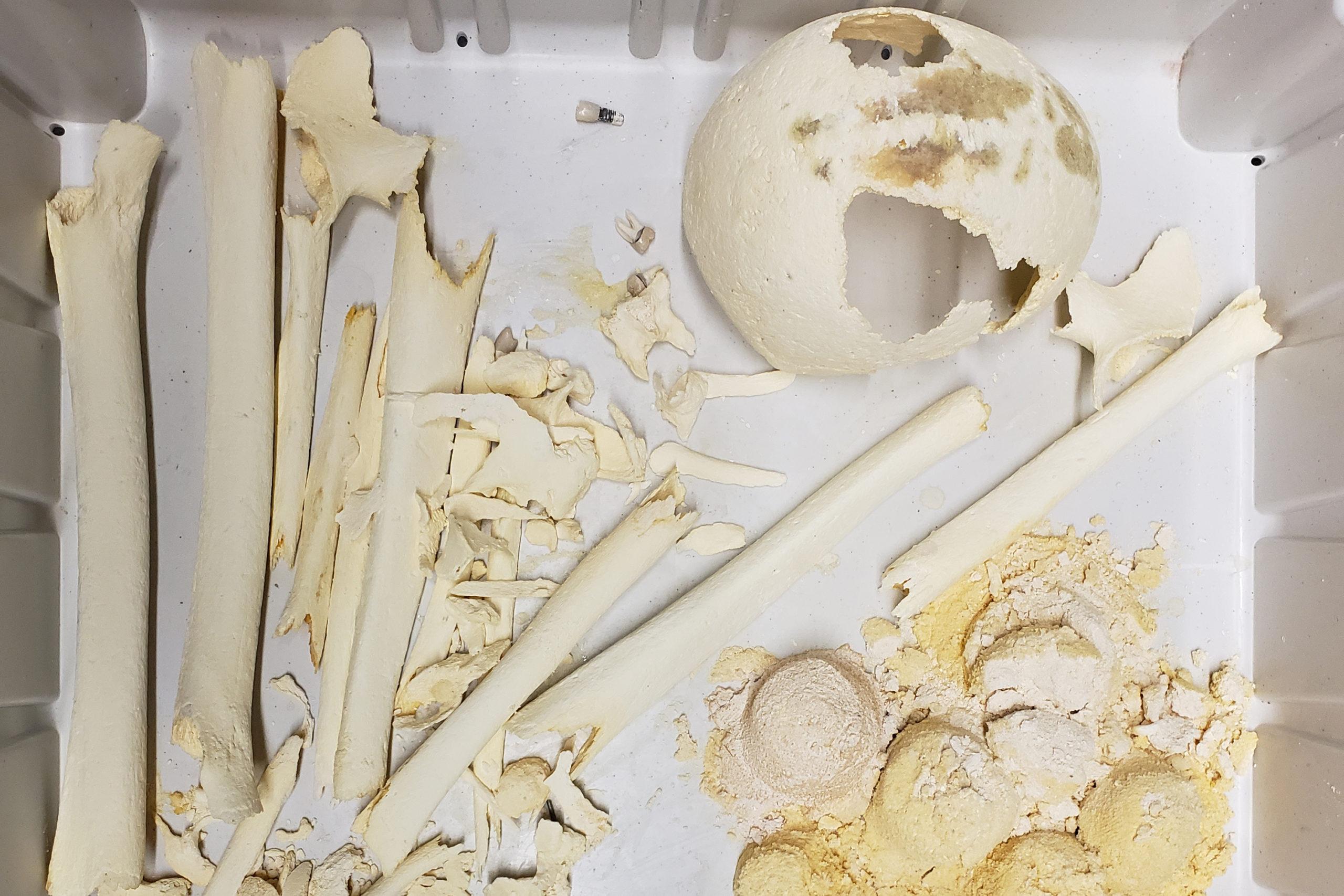
Ed Gazvoda is not a fan of the idea of being buried in the ground after he dies.
“I hate the idea of people going to a cemetery and visiting my grave,” Gazvoda said. “But I'd love for them to go back and just see a tree and know that my essence is in there, and that I actually supported and made that tree healthy.”
The essence he’s referring to is the byproduct of a chemical process known as alkaline hydrolysis, or water cremation. Gazvoda uses the process, which was legalized in Colorado in 2011, at his new business Sustainable Funeral in Arvada.
“Water cremation is a way to quickly compost a body, so you take organic material, which is what your body is, and you break it down into its elements,” Gazvoda said. “But rather than turning it into soil, we turn it into a plant biostimulant.”
The biostimulant can be poured directly onto a garden or field, and Gazvoda said it’s better than other forms of body processing. Cremation uses fuel which emits carbon dioxide, and burial not only takes up space, but also causes pollution when embalming chemicals leach from caskets.
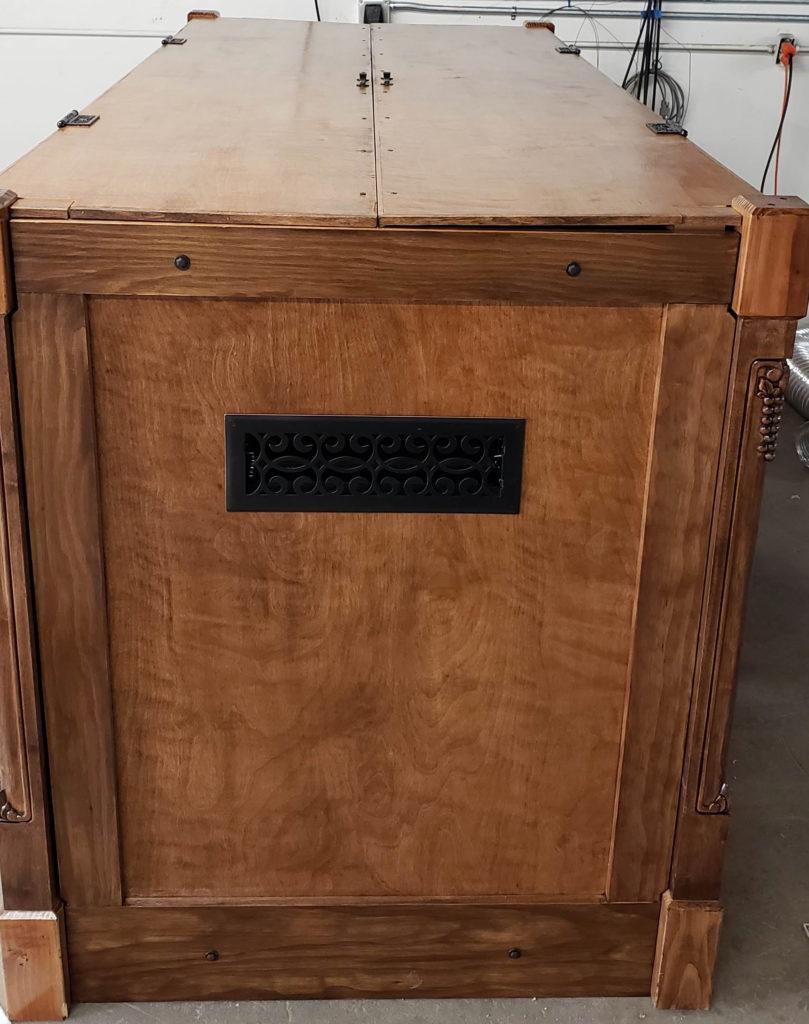
Alkaline hydrolysis uses potassium hydroxide and water to break down the cadaver.
“There's the new life chamber, it looks like an oversized coffin,” Gazvoda said. “So it's wooden on the exterior and on the inside there's a stainless steel bath. It has no holes in it because what we do when we're done is we actually take the liquid and put it into reusable plastic containers that the family can take and put on their lawn or tree or forest or wherever.”
The process takes about 3 hours from start to finish. After the cadaver has been rendered what’s left are the bones, teeth and any medical implants. Gazvoda said he breaks up the bones, as required by law, and then donates the teeth to have any mercury from dental work recycled. The same goes for medical implants that can be donated or recycled.
Gazvoda's current iteration of alkaline hydrolysis is an improvement upon the process that he was using in 2011 when CPR News's Colorado Matters first interviewed him. This version uses less water and doesn't result in any of the essence going down the drain, Gazvoda said.
In the upcoming legislative session, Colorado could be the next state to allow human composting as an alternative to conventional burial or cremation. That process turns a body into soil in about 30 days.
In 2018, cremation was the choice of 53 percent of Americans, according to the Cremation Association of North America. A decade ago that percentage was only 34 percent. Among states, Colorado, along with Washington, has one of the highest cremation rates at more than 71 percent.
That trend, rising costs and increasing concerns over environmental issues make the funeral industry ripe for disruption, Gazvoda said.
“It does things that aren't good for the people, the places, or your pets that you loved. It actually takes money away from the living,” Gazvoda said. “It harms the environment, and the way it's currently done is there's a lot of incentive to upsell: upsell caskets, upsell space, upsell meeting rooms. I mean, the list goes on. And so by the time a grieving family's done, they're passing the hat, they're putting out credit cards. It just doesn't make sense to me.”

